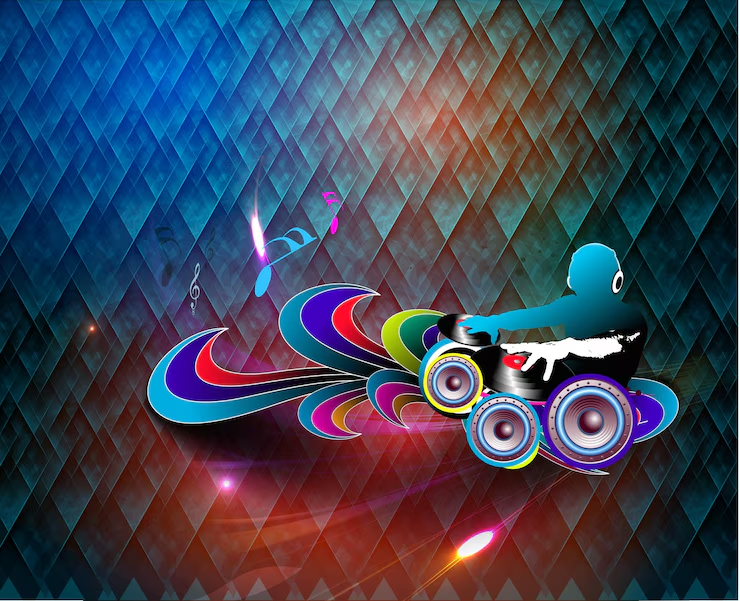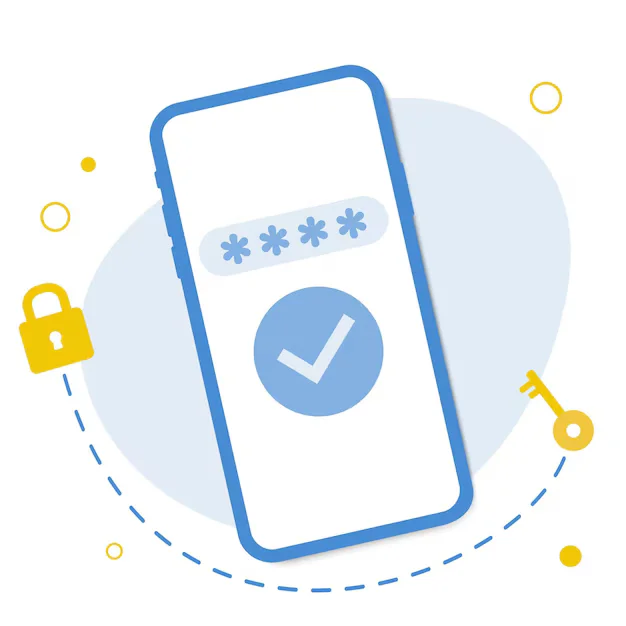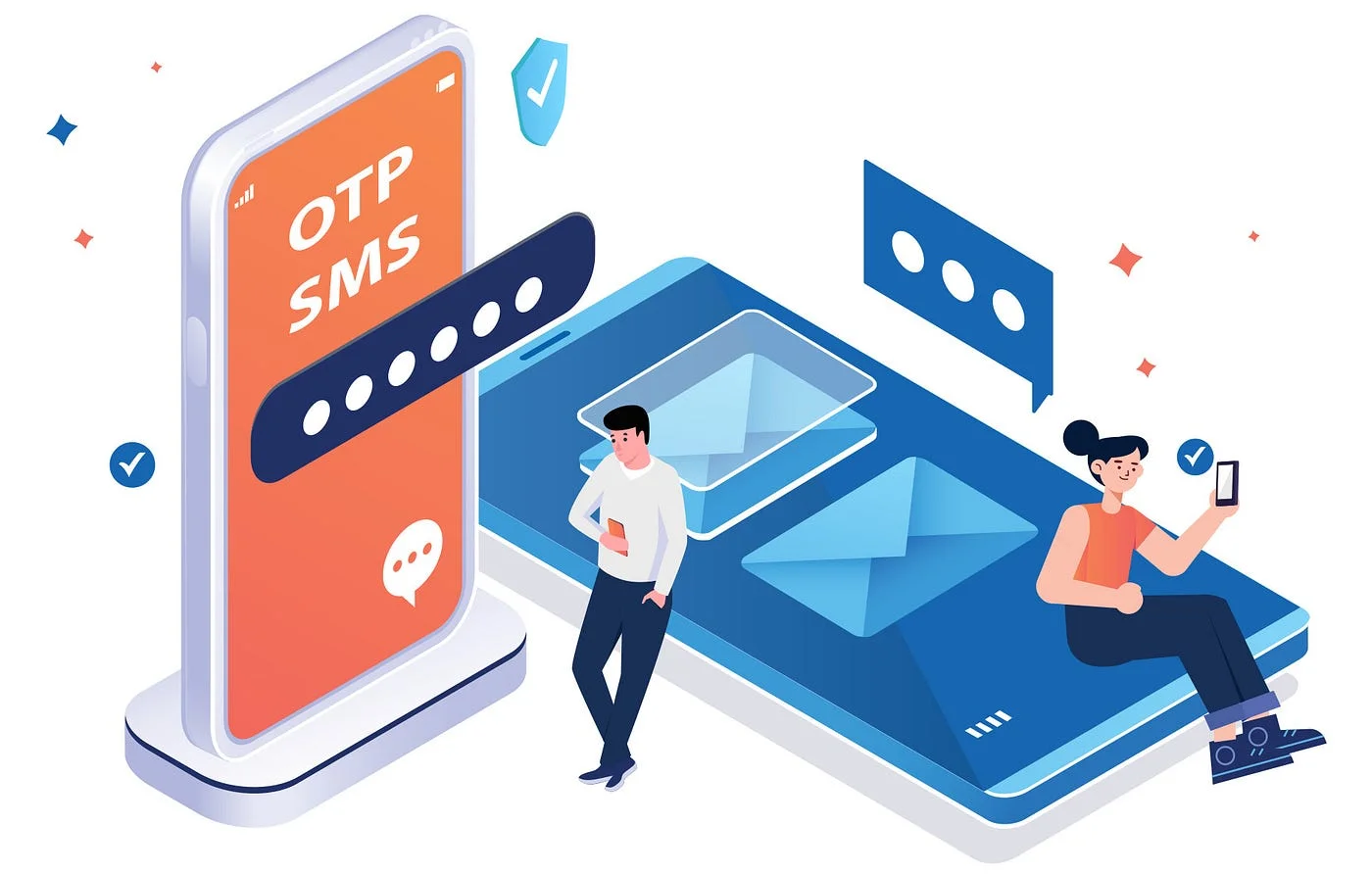
AI-Generated Music:
Music Generation:
AI algorithms can compose music in various styles, genres, and even tailor it to specific moods or preferences.
Collaboration with Artists:
AI tools can assist musicians in various aspects of the creative process, from generating chord progressions to suggesting lyrical ideas, according to a blog post on Built In.
Music Analysis and Recommendations:
AI can also be used to analyze existing music, identify patterns, and provide musical recommendations.
Examples of AI Music Generators:
Platforms like AIVA, Udio, and Mubert allow users to generate music based on prompts or preferences, according to a post on Soundraw.
AI-Generated Art:
Image Generation:
AI tools like Adobe Firefly can generate images based on text prompts, allowing users to create a variety of artistic styles.
Artistic Collaboration:
AI can also be used as a tool for artists to experiment with new styles and approaches.
Examples of AI Art Generators:
Platforms like Midjourney, DALL-E 2, and Stable Diffusion offer various tools for creating AI-generated art.
Ethical and Legal Considerations:
Copyright:
The ownership of AI-generated music and art is a complex legal issue, with the U.S. Copyright Office noting that works created solely by AI may not be copyrightable.
Bias and Authenticity:
Concerns have been raised about potential biases in AI-generated content and the impact on artistic authenticity and creativity.
Impact on the Creative Industries:
New Opportunities for Artists:
AI can empower artists by providing new tools and approaches for creativity and collaboration.
Transforming Music Production:
AI is being used to automate tasks in music production, such as generating beats and mixing tracks.



